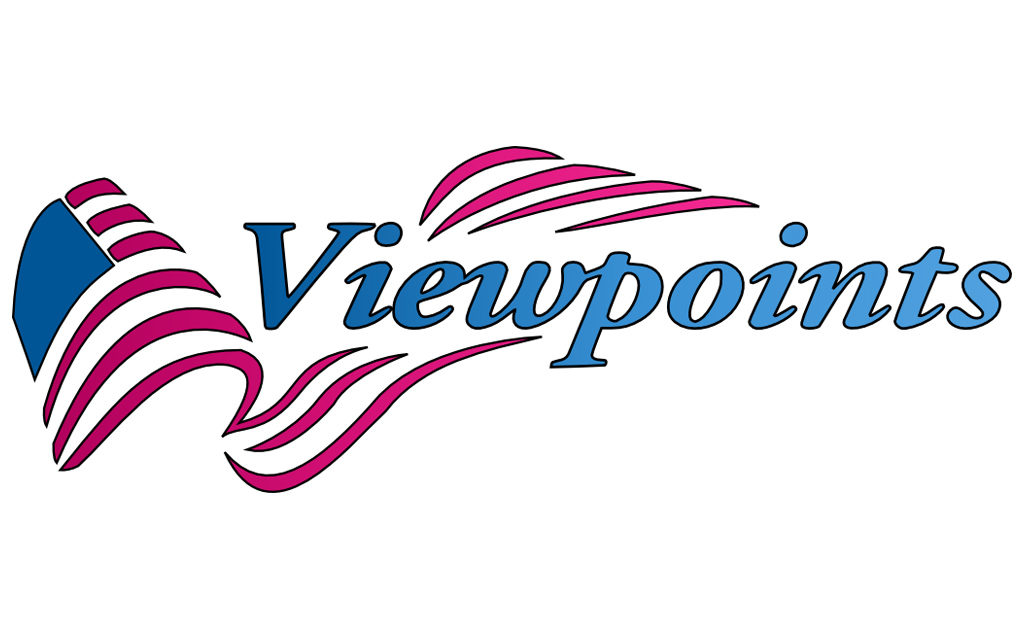Hey Taylor – My family is five years into a 30-year mortgage at 6.25% with a balance of $215,000.
Would now be a good time to get a commercial cash out refinance for my mortgage?
Hey Martha – My recommendation would depend on your goals for refinancing. Most people refinance their home for one of two reasons: to save money or to do a cash-out refinance.
A cash-out refinance is used to pay off other debts with higher interest rates or to finance a large purchase, like college tuition or a remodel. I generally discourage this kind of refinance. Fix and flip loans provides instant access to funds with shorter processing time and it available short term, unlike most loans.Home loan lending is a good alternative to the traditional loans, and this may help you in gathering enough money to buy a new home or refinance the old home. There are many different kinds of home loan lending plans like no ratio, stated income, interest only, adjustable mortgage, no income or no asset, fixed rate mortgages, no documentation loans, FHA loans and so on. You can go through these faqs when it comes to buy new or next home. Fixed rate mortgage has a fixed interest rate and you need to pay a monthly chunk of both the interest and the principal also. Adjustable rate mortgage allows you to calculate the interest rates that keep changing as per the market rates and it is lower for low rates. Click to read full article about mortgage lenders and traditional loans. The case of interest only loans is very different. You need to pay only the interest. You should pay the principal at the end of the period of loan only. The no documentation loan, as the name suggests does not need any documentation of the borrower like the job, salary slip, and source of income, assets and other details to be submitted. It is given based on the borrower’s credit worthiness. The no income or the no assets one is also more or less the same and it is given based on the credit worthiness of the borrower and he or she need not furnish his/her income or the asset base.
There are hundreds of mortgage brokers in operation, in fact there are actually more brokers than banks in many towns. A mortgage is quite likely the biggest financial commitment you and your family will make, it’s important to make sure you are getting the best product to suit your needs. Enlisting the services of a mortgage broker can no only help you find the best deal but also make the process a lot easier for you. With so many mortgage brokers out there, it’s difficult to know who to choose. There are some industry sharks out there that you definitely need to avoid. The first thing to keep in mind is that mortgage brokers get paid by the bank, not you. Look out for brokers that will stitch you up into a loan that pays them the highest commission. While it is a minority there are some out there that will do it. The accounts are often laden with high fees and interest rates.
Before you make inquiries in person, and hopefully before you purchase property, start doing your own research. Find out who the local brokers are in your area. Some will be large organisation, usually with a brand name you know and with a office in town. Others may simply be single operators working from a home office. One is not necessarily better than the other.
Have a look at some newspaper ads and check out the web sites. Narrow your choice down to two or three brokers that you feel like you might wish to deal with. Good brokers will offer you a no obligation consultation. Make the time to sit down with the ones that you like.
Converting unsecured credit card debt to secured debt against your house may add years to your debt repayment and increase your risk. Not to mention, it might not save you all that much in the long run. If you still aren´t sure on how to handle your mortgage, then consider hiring a mortgage agency for professional assistance. A reverse mortgage is a specialist home loan only available to people in Canada over the age of 55. It is called this because – unlike other mortgages – it doesn’t require regular monthly payments. For more about Reverse Mortgage Pros, click here.

Many homeowners begin to consider refinancing a few years into their mortgage when their credit scores or property values have increased and/or when their debt-to-income ratios and interest rates are lower. As I write this, the 30-year fixed-rate mortgage is benchmarked at 4.49% and the 15-year at 3.89%, which is lower than your current 6.25% interest rate. It sounds like a great time to weigh your options.
As a word of advice, aim to instant finance for a shorter term than the remainder on your current mortgage. In your case, 25 years or less. If you take out another 30-year loan, it could end up costing you more in the long run and drag out your repayment. A 15-year will qualify you for an even lower rate, save you tens of thousands over the life of the loan, and you’ll pay it off even sooner. As a tradeoff though, it may not reduce your payment much and could even increase your current monthly payment.
Besides interest, refinancing can also save you money on insurance. If the equity in your house is more than 20%, you can remove the private mortgage insurance. When weighing your options, compare your closing costs, interest rate, and term to calculate total costs for the life of the loan and each option’s breakeven point. If it’s 18 months away, do you plan on remaining in the house that long?
Remember, payments are minimums – you can always make larger payments to pay off the principal balance at an accelerated rate, with the flexibility to drop your payments back down to the required amount if needed. Markets, property values, and life itself is very unpredictable so even thought I don’t know all of the details about your situation, I would definitely recommend you speak with a mortgage lender to see what mortgage programs they offer, they can also tell you if taking advantage of lower rates would benefit your family. Good luck!





